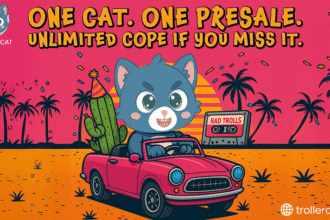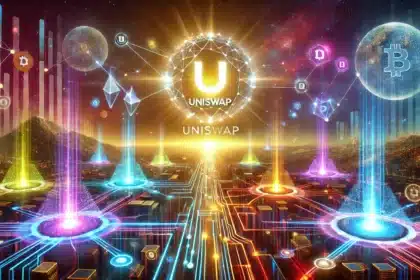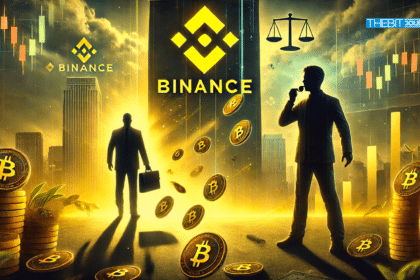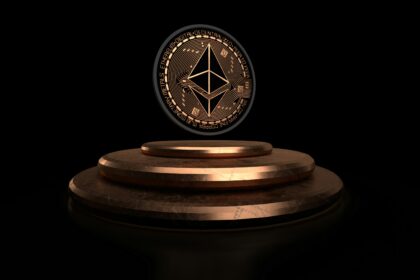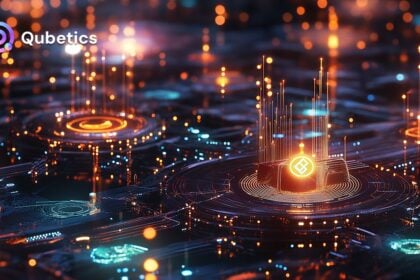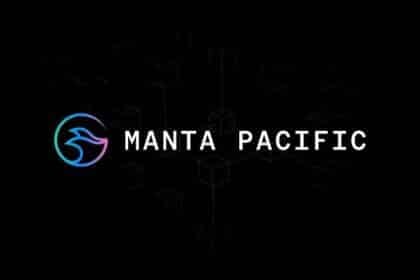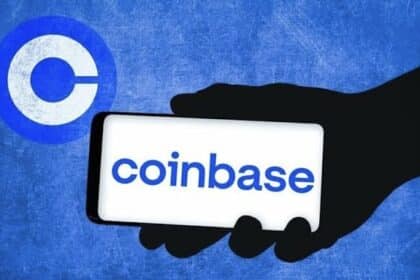In 2025, the financial landscape is undergoing a transformative shift as Real-World Asset (RWA) tokenization gains momentum. This innovative approach involves converting tangible assets, such as real estate, gold, and government bonds, into digital tokens on blockchain platforms.
By doing so, it enhances liquidity, democratizes access to investments, and streamlines transactions. As institutions and governments increasingly adopt this technology, RWA tokenization is poised to redefine asset management and ownership in the digital age.
How Tokenization Is Transforming Real Estate, Gold, and Bonds
Tokenization is revolutionizing traditional asset classes by introducing efficiency and accessibility:
Real Estate: Platforms like RealT enable fractional ownership of properties, allowing investors to earn rental income proportionate to their holdings.
Gold: Tokens such as PAX Gold (PAXG) represent physical gold, providing investors with a secure and convenient way to invest in precious metals.
Government Bonds: Initiatives like the UK’s Digital Gilt Instruments (DIGITs) are pioneering the issuance of tokenized government bonds, enhancing transparency and efficiency in public finance.
These developments signify a broader trend towards integrating blockchain technology into traditional financial systems, offering new opportunities for investors and institutions alike.

Best RWA Tokens to Watch in 2025–2030
Several RWA tokens are emerging as leaders in this evolving landscape:
Chainlink (LINK): As a decentralized oracle network, Chainlink facilitates the connection between blockchain smart contracts and real-world data, playing a crucial role in RWA tokenization.
Avalanche (AVAX): Known for its high-performance blockchain platform, Avalanche supports the creation and trading of tokenized assets, offering scalability and low transaction fees.
Stellar (XLM): Stellar’s focus on cross-border payments and asset issuance makes it a strong candidate for RWA tokenization, particularly in emerging markets.
Hedera (HBAR): With its unique hashgraph consensus mechanism, Hedera provides a secure and efficient platform for tokenizing various assets.
Ondo Finance (ONDO): Specializing in tokenized U.S. Treasuries, Ondo Finance offers investors exposure to government bonds through blockchain technology.
- Qubetics ($TICS): Qubetics is pioneering real-world asset tokenization by offering a comprehensive marketplace that enables businesses and individuals to digitize assets like real estate, commodities, and intellectual property, with a focus on cross-chain interoperability and compliance.
These tokens exemplify the diverse applications of RWA tokenization, from facilitating data integration to enabling access to traditional financial instruments.
Governments Using Blockchain for Public Records: A New Paradigm
Governments worldwide are exploring blockchain technology to enhance transparency and efficiency in public record management:
United Kingdom: The UK government has initiated issuing tokenized government bonds, aiming to modernize its financial infrastructure.
United States: Bergen County, New Jersey, has partnered with blockchain startup Balcony to digitize and secure over 370,000 property deeds, streamlining land record management.
China: The RealDID system offers a blockchain-based identity verification platform, enhancing security and privacy in digital interactions.
Estonia: Through its X-Road infrastructure, Estonia has digitized 99% of public services, demonstrating the potential of blockchain in e-governance.
These initiatives reflect a global shift towards adopting blockchain for more transparent and efficient public administration.
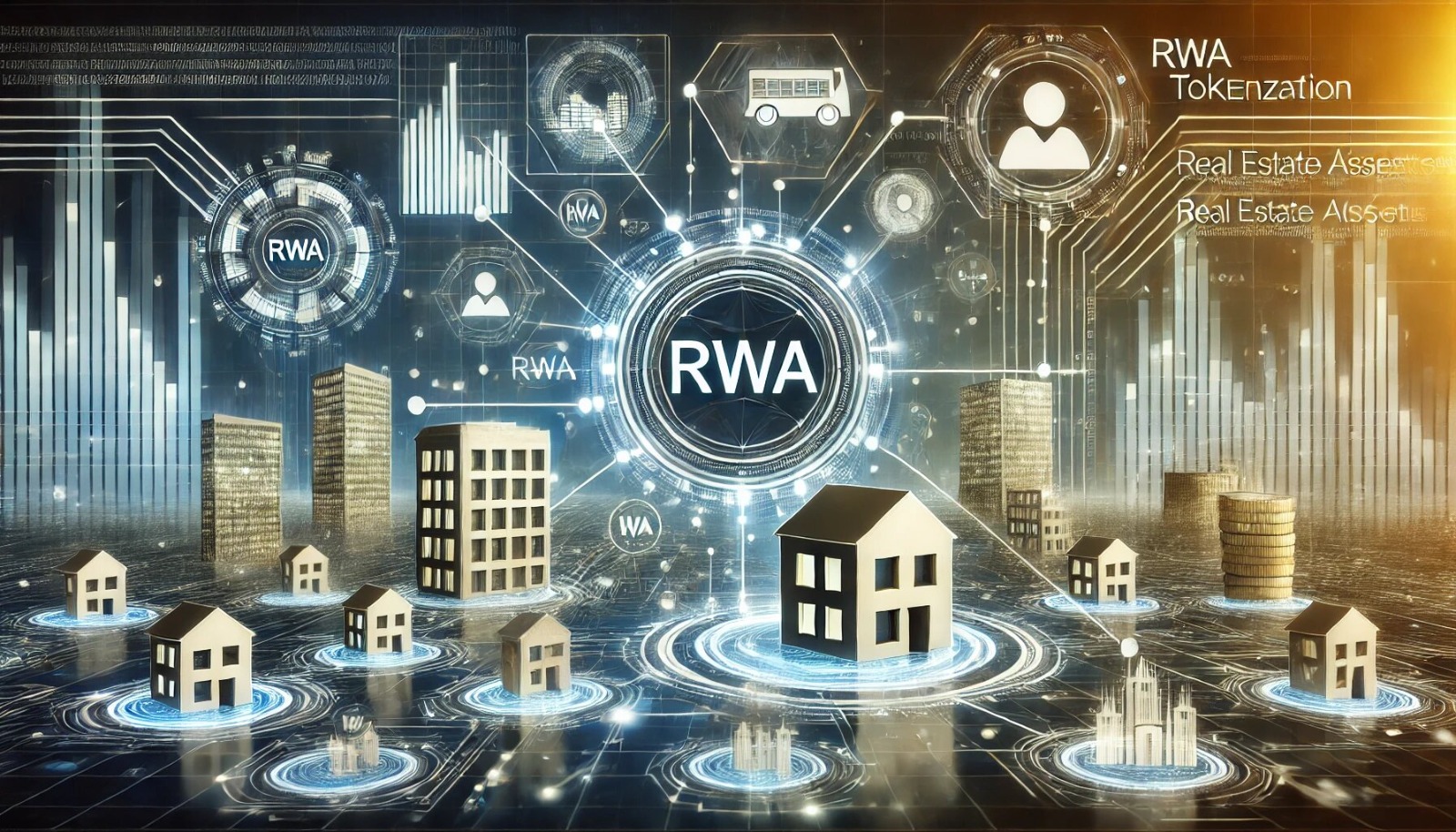
RWA Tokens: The Hidden Edge Every Crypto Trader Should Be Watching
Opportunities and Challenges
As RWA tokenization continues to gain traction, it presents both opportunities and challenges:
Opportunities:
- Increased Liquidity: Tokenization enables fractional ownership, making traditionally illiquid assets more accessible.
- Enhanced Transparency: Blockchain’s immutable ledger ensures clear and auditable transaction records.
- Global Accessibility: Investors worldwide can access tokenized assets, broadening investment opportunities.
Challenges:
- Regulatory Uncertainty: Diverse regulatory landscapes can hinder the widespread adoption of tokenized assets.
- Technological Integration: Ensuring interoperability between traditional systems and blockchain platforms remains a technical hurdle.
- Security Concerns: Protecting digital assets from cyber threats is paramount to maintaining investor confidence.
Addressing these challenges will be crucial for the sustainable growth of RWA tokenization in the coming years.
Conclusion
Frequently Asked Questions (FAQs)
What is RWA tokenization?
RWA tokenization refers to the process of converting physical or traditional financial assets into digital tokens on a blockchain, enabling easier trading and ownership.
How does tokenization benefit investors?
It offers increased liquidity, fractional ownership, and 24/7 trading opportunities, making investments more accessible and efficient.
Are tokenized assets secure?
When implemented correctly, blockchain technology provides a secure and transparent platform for managing tokenized assets.
What are the risks associated with RWA tokenization?
Risks include regulatory uncertainties, technological challenges, and potential cybersecurity threats.
Which sectors are leading in RWA tokenization?
Real estate, precious metals, and government bonds are among the leading sectors embracing tokenization.
Glossary of Key Terms
Tokenization: The process of converting rights to an asset into a digital token on a blockchain.
Blockchain: A decentralized digital ledger that records transactions across multiple computers securely.
Fractional Ownership: Owning a fraction or percentage of an asset, allowing multiple investors to share ownership.
Smart Contract: A self-executing contract with the terms directly written into code, operating on blockchain platforms.
Oracle: A service that provides external data to smart contracts on the blockchain.


